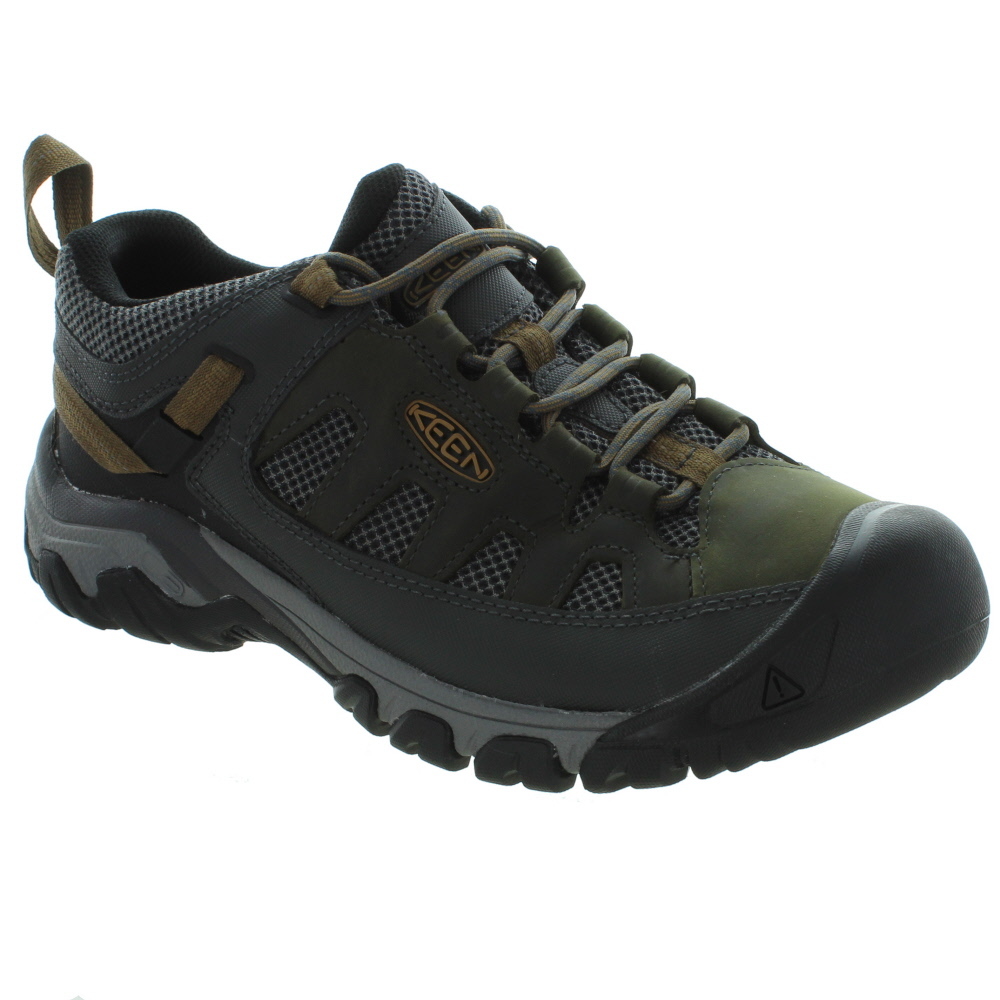5 Tips Waterproof Hiking Shoes
Hiking is an exhilarating outdoor activity that allows us to connect with nature and challenge ourselves physically. However, it can quickly turn into a disappointing experience if you’re not properly equipped, especially when it comes to footwear. Waterproof hiking shoes are a crucial component of any hiker’s gear, providing the necessary protection and comfort for a successful trek. Here are five tips to consider when looking for the perfect waterproof hiking shoes:
Firstly, understand the waterproofing technology. Most waterproof hiking shoes feature a waterproof and breathable membrane, such as Gore-Tex or eVent. These membranes work by allowing moisture to escape while preventing water from entering the shoe. Look for shoes with a reputable waterproofing system and consider the specific activities you’ll be using them for. For example, if you’ll be hiking in wet conditions or crossing rivers, you’ll want shoes with a more robust waterproofing system.
Secondly, consider the materials and construction. Waterproof hiking shoes are typically made from a combination of materials, including leather, synthetic fabrics, and rubber. Look for shoes with high-quality materials that are both durable and breathable. A gusseted tongue can help keep debris out, while a sturdy sole provides traction and support. Additionally, consider the shoe’s weight and flexibility – lighter shoes can be beneficial for longer hikes, but may compromise on support and durability.
Thirdly, think about the fit and comfort. A good fit is essential for any hiking shoe, and waterproof shoes are no exception. Look for shoes with a comfortable, roomy toe box and a secure heel fit. Consider the shoe’s width and length, as well as the cushioning and support provided. A good waterproof hiking shoe should feel comfortable from the start, with no break-in period required. Also, think about the shoe’s adjustability – laces, straps, or a BOA system can help you fine-tune the fit to your liking.
Fourthly, evaluate the traction and stability. Waterproof hiking shoes need to provide reliable traction on various terrain, from muddy trails to rocky terrain. Look for shoes with aggressive tread patterns and deep lugs, which can help grip the ground and prevent slips. Additionally, consider the shoe’s stability features, such as a supportive ankle collar or a sturdy midsole. A good waterproof hiking shoe should keep your foot stable and secure, even on uneven or slippery terrain.
Lastly, check the maintenance and durability. Waterproof hiking shoes require regular maintenance to ensure they continue to perform well. Look for shoes with easy-to-clean materials and a durable construction that can withstand rough handling. Consider the shoe’s warranty and the manufacturer’s reputation for producing high-quality, long-lasting products. A good waterproof hiking shoe should be a long-term investment, providing you with years of reliable service on the trails.
What are the benefits of waterproof hiking shoes?
+Waterproof hiking shoes provide several benefits, including keeping your feet dry and comfortable, preventing blisters and hotspots, and improving traction and stability on wet terrain. They can also help prevent the growth of bacteria and fungus, reducing the risk of foot infections.
How do I care for my waterproof hiking shoes?
+To care for your waterproof hiking shoes, regularly clean them with a soft brush and mild soap, and allow them to air dry. Avoid using harsh chemicals or high heat, which can damage the waterproof membrane. You can also apply a waterproofing treatment to help maintain the shoe's water-repellent properties.
Can I wear waterproof hiking shoes in warm weather?
+While waterproof hiking shoes can be worn in warm weather, they may not be the best choice for hot and dry conditions. Waterproof shoes can trap heat and moisture, leading to discomfort and blisters. Consider wearing breathable, mesh-based hiking shoes for warm weather hikes, and reserve your waterproof shoes for wet or cool conditions.
In conclusion, finding the right waterproof hiking shoes requires careful consideration of several factors, including waterproofing technology, materials and construction, fit and comfort, traction and stability, and maintenance and durability. By evaluating these factors and choosing a high-quality pair of waterproof hiking shoes, you can ensure a comfortable and successful hiking experience, regardless of the terrain or weather conditions. Remember to also consider your specific needs and preferences, as well as the manufacturer’s reputation and warranty, to find the perfect pair of shoes for your next adventure.


